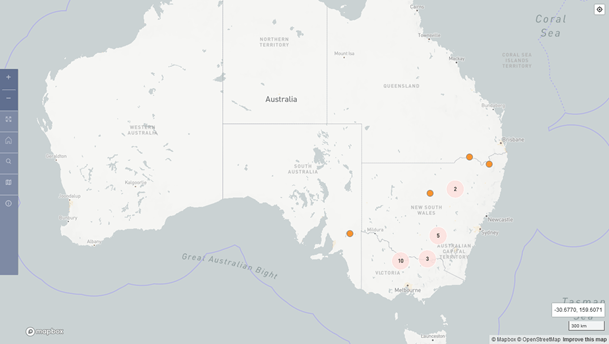
An active outbreak of mosquito-borne Japanese encephalitis virus (JEV) in pigs in the Australian states of Victoria, Queensland, New South Wales, and South Australia was first reported to the OIE on March 10. So far, 24 swine production sites have been affected. The outbreaks vary from intensive, fully-housed, sow farms to free range farms, with susceptible swine populations on affected sites ranging from five to 100,000 animals, according to OIE reports. Clinical signs have included an increase in stillborn pigs, mummified fetuses, and abortions as well as live pigs born with neurological symptoms including shaking and fine motor tremors. Reports from specific sites include up to a 70% stillborn rate, 50% of sows affected over the last two weeks, and approximately 20% of litters being affected.

JEV is a zoonotic pathogen. It causes an estimated 70,000 cases of viral encephalitis annually, with less than 1% of people infected developing severe disease, but with a 20–30% mortality rate. However, humans are incidental (dead-end) hosts. In the Community for Emerging and Zoonotic (CEZD) Weekly Intelligence Report for March 7-13, 2022, it is reported that, as of March 10, there have been 15 confirmed cases in humans in Australia. This includes four in New South Wales, one in Queensland, four also in South Australia, and six in Victoria. Two deaths have been reported among those confirmed cases. Amplification of JEV in swine often precedes human epidemics.
JEV is usually transmitted by mosquitoes. Culex tritaeniorhynchus, found in rice fields, wells, ponds, ditches, and urban environments, is the primary JEV vector in Asia. However, American mosquitoes, native throughout the US, are susceptible to infection. Some natural JEV vectors in the US include Cx. pipiens, Cx. quinquefasciatus, and Ae. japonicus. Introduction of JEV by an infected adult mosquito (likely via aircraft) is the highest risk for the United States. Like West Nile virus, JEV has the potential to spread quickly and become endemic after only a few years.
Wading ardeid birds (such as herons and egrets) are the primary natural reservoirs. Other reservoirs may exist. Pigs (domestic and wild boar) are the main amplifying host of JEV, exhibiting high and prolonged viremia and a natural infection rate of 98%–100%. Sporadic infection occurs in horses, resulting in severe encephalitis, or more commonly, subclinical infection. In horses, the mortality rate is about 5%. Rarely, JEV-associated encephalitis has been described in cattle. Subclinical infection has also been reported in sheep, goats, dogs, cats, chickens, ducks, wild mammals, reptiles, and amphibians, but these species are not known to contribute to the spread of the disease.
JEV is an OIE-listed disease and must be reported internationally according to the Terrestrial Animal Health Code. Any suspicious clinical or necropsy findings should always be reported to the USDA and your State Animal Health Official. A complete description of JEV in pigs can be found in the SHIC Japanese encephalitis virus fact sheet.
SHIC, launched by the National Pork Board in 2015 solely with Pork Checkoff funding, continues to focus efforts on prevention, preparedness, and response to novel and emerging swine disease for the benefit of US swine health. As a conduit of information and research, SHIC encourages sharing of its publications and research. Forward, reprint, and quote SHIC material freely. SHIC is funded by America’s pork producers to fulfill its mission to protect and enhance the health of the US swine herd. For more information, visit http://www.swinehealth.org or contact Dr. Sundberg at [email protected].
Copyright 2024 | Swinehealth.org | Website by Heartland Marketing Group